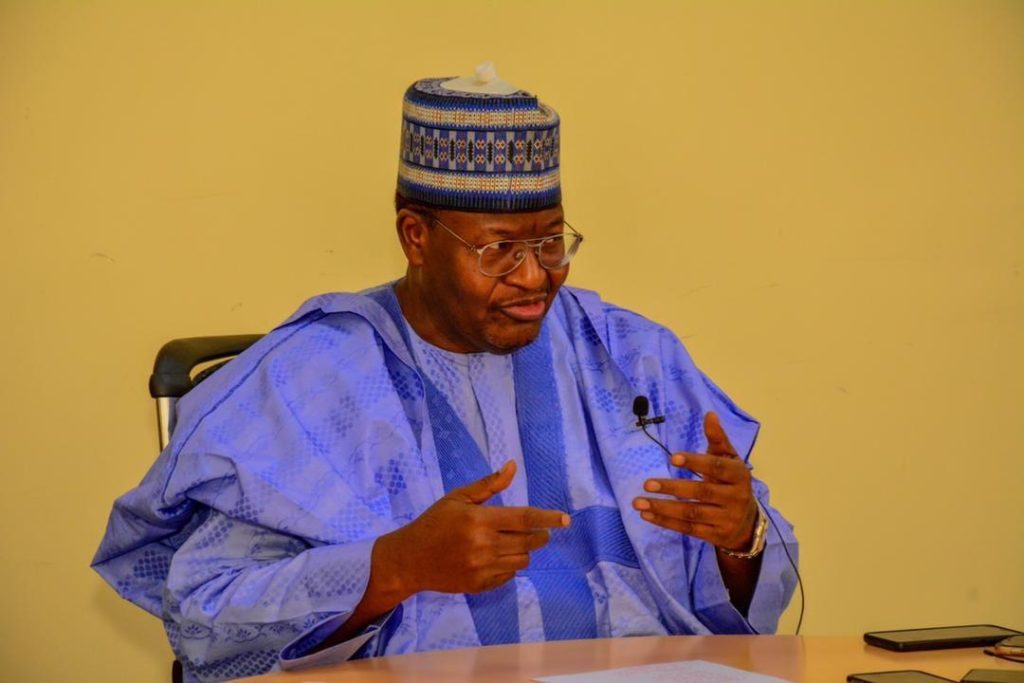Aware that some part of Nigeria remained underserved and unserved with telecom services, the Nigerian Communications Commission (NCC) has said there is a holistic and strategic plan to consciously address the infrastructure deficit in the telecommunications sector across all 774 Local Government Areas in Nigeria.
The Executive Vice Chairman of NCC, Prof. Umar Danbatta, who stated this, said the idea of addressing the infrastructure deficit is to bridge the digital divide which had undermined Nigeria’s march to a robust digital economy.
“Telecoms infrastructure deployment across rural communities in Nigeria is at the heart of every effort of Government towards ensuring the socio-economic development of Nigeria. As regulator, our plan is to make sure all 774 LGAs in Nigeria enjoy broadband,” he declared at the International Conference Centre Abuja, while delivering a keynote presentation at the 2021 national conference, exhibition and annual general meeting of the Nigerian Society of Engineers.
At the conference, with the overarching theme “EXPANSION OF THE ENERGY MIX FOR NATIONAL ECONOMIC GROWTH”, Danbatta spoke focusing on a sub-theme, “Strategic Collaboration between the Town and Gown for Effective Rural Development”, at the 6th Roundtable Symposium of the Nigerian Society of Engineers’ College of Fellows.
The NCC CEO said that the vision of the Federal Government as enunciated in the Economic Recovery and Growth Plan (ERGP), National Digital Economy Policy and Strategy (2020-2030) and the National Broadband Plan (2020-2025) is being vigorously implemented. Explaining the connection between these policies and NCC’s operations, Danbatta stated that the NCC’s Strategic Management Plan (SMP) 2020-2024, streamlined in the Commission’s Strategic Vision Plan (2021-2025) to enhance operational and regulatory efficiency, is aligned with the Federal Government’s vision for an all-inclusive digital economy.
Accordingly, to improve Nigeria’s broadband infrastructure, Danbatta reiterated that NCC has divided Nigeria into seven (7) Zones, consisting of the existing 6 constitutional geopolitical divisions, and Lagos constituting the seventh, considering the importance of Lagos as a strategic commercial and technological hub within the structure of the Nigeria’s telecom ecosystem.
“The NCC has proceeded to licence companies for each of the seven zones, to deploy broadband infrastructure that will ensure speed of up to 25 megabits per second in the rural areas. Each of the 774 Local Government Areas of Nigeria will have an initial access point of at least 10 megabits per second,” he added.
To demonstrate NCC’s readiness to race at the same tempo with the Federal Government as articulated in the policy documents, Danbatta stated that the licensed companies, otherwise known as Infrastructure Companies (Infracos), have been directed to move to site to cascade broadband infrastructure to the hinterland.

